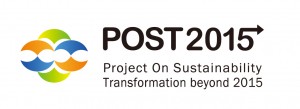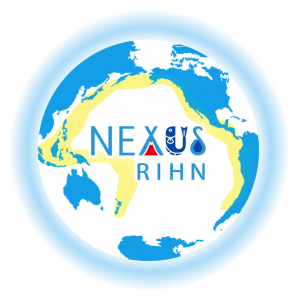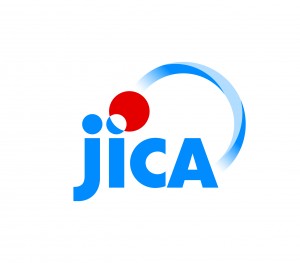<download presentation materials here>
The International Expert Workshop on Sustainable Development held in Jakarta from the 11th to the 13th of March were participated by 40 people from 8 countries. The participants came from various backgrounds including the government, university, research institute, think tank, international organization, donor agency, NGO and the private sector.
11th March 2013
The program consisted of 3 days activities, in the first day the participants were separated into groups, going to different sides of Jakarta, the north-west, the north-east, and the south. These north areas were identified later by the Research Institute for Humanity and Nature (RIHN) presentation to be the most vulnerable and poor area of Jakarta. This tour to interact with the urban community was intended to give our participants a shared view on challenges and values of the urban dwellers in Jakarta urban and suburban area. One group went to a fishermen village, the other one to an informal school for street children and the last group went to visit a pregnant women class and early childhood care and development. Many of our participants had visited Jakarta before but did not have the opportunity to actually go to poor communities and have a meaningful discussion with them. Therefore, for many, it was their first experience.
12th March 2013
On the second day, we had presentations from various speakers including the post-2015 project leader, Norichika Kanie, Yunus Franciscus from University of Surabaya, Andante Hadi Pandyaswargo from Tokyo Institute of Technology, Aiko Endo from RIHN, Deny Hidayat from The Indonesian Institute of Sciences, Diah Saminarsih from The President’s Special Envoy office on MDGs, Yanuar Nugroho The Director and Head Adviser to the Head President’s Delivery Unit, Development and Monitoring Oversight, Oiwa Takaaki senior representative of JICA Indonesia Office, Anuradha Rajivan, advisor strategy and policy department of ADB, Tadashi Matsumoto, senior policy analyst from OECD and a video conference with Boubaker BenBelhassen, deputy director of the Trade and Markets Division of FAO.
On the later part of the second day, we had a participatory workshop where participants were asked to brainstorm by discussing and listing down the challenges in urban area on sticky notes. Each team (consisting of about 5 people) later had to group the challenges and put a category name on each of the group. The category names were including:
People empowerment, economics / investment, environmental issues, infrastructure, governance, disaster management, social sustainability, cross-cutting issues, environmental sustainability, economic sustainability, environment, climate, urban planning, energy, transportation, water, social, policy on population, food and hunger, health, disaster, shelter, population and migration, mobility, energy, technology, social inclusion, education, governance, methods, politics, economy / market, geographical / physical, governance, people, education and skills, political management, social management, economic aspects, environmental management.
13th March 2013
On the third day of the workshop, the overlapping categories were clubbed into 9 categories:
Technology, Health and Nutrition, Capacity of Urban Planning, Income and Employment, Education, Environment, Resilience, Transportation, Governance
The last activity was to have voting on people’s personal thoughts on the availability, affordability, and quality of water, food, energy, employment, and waste management in their living place.
Please visit this website frequently to be updated with the powerpoint slides, workshop report, analysis results of the KJ-method session and the clicker session.
in collaboration with


